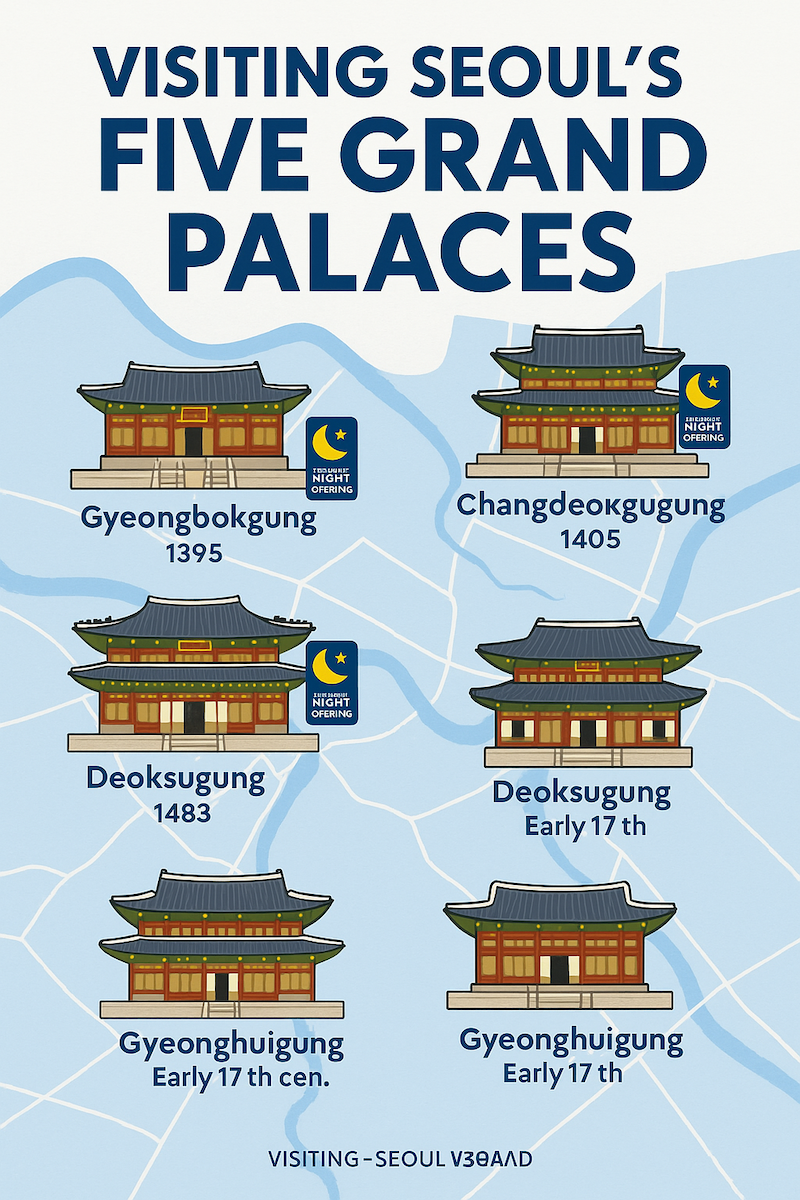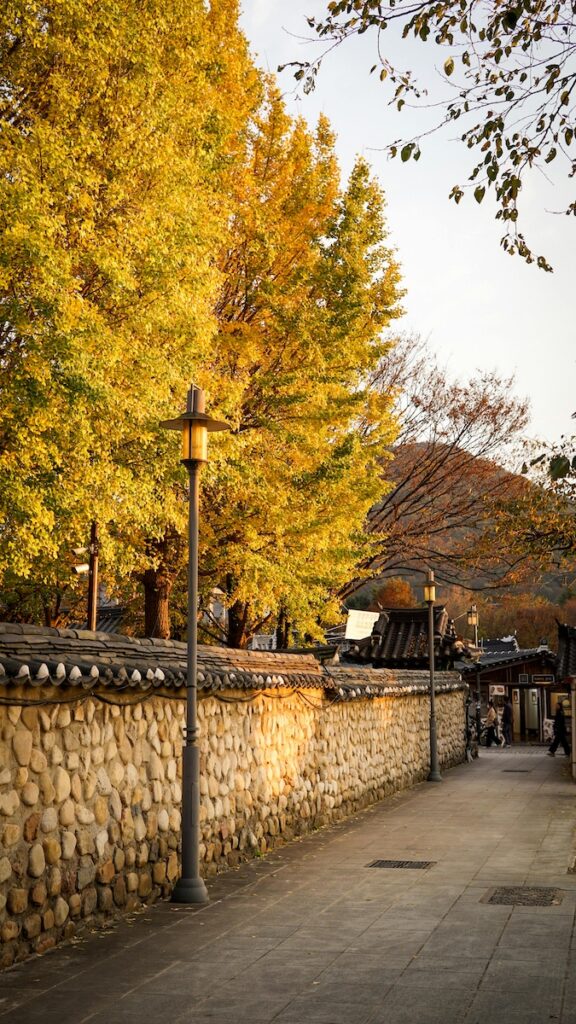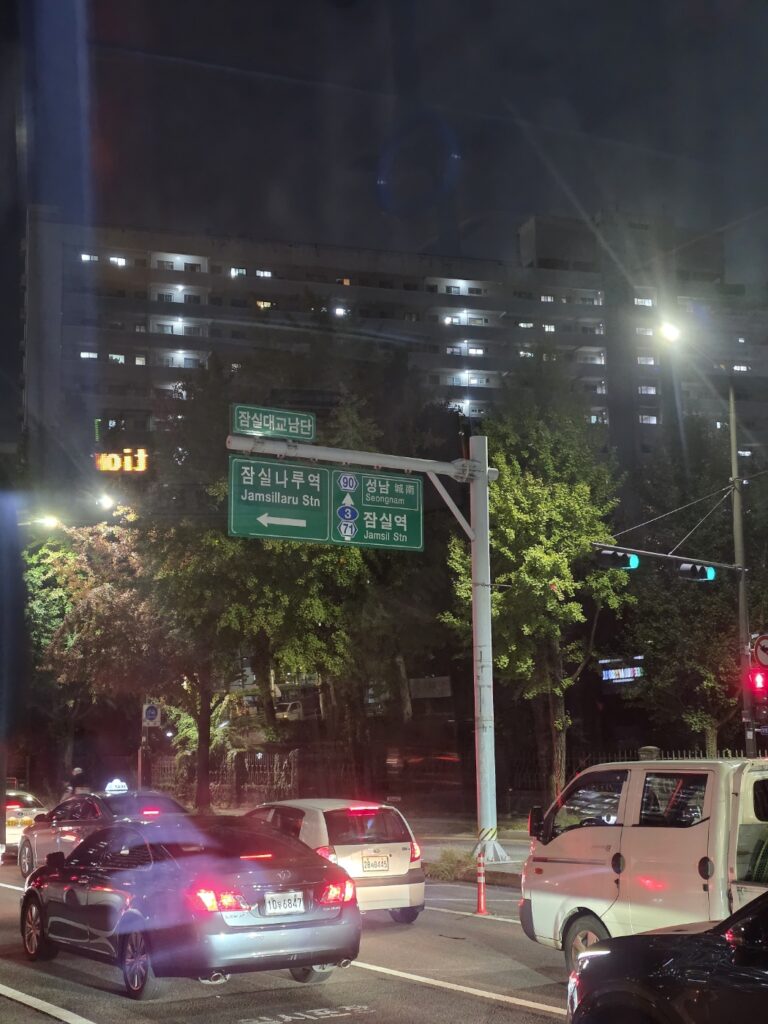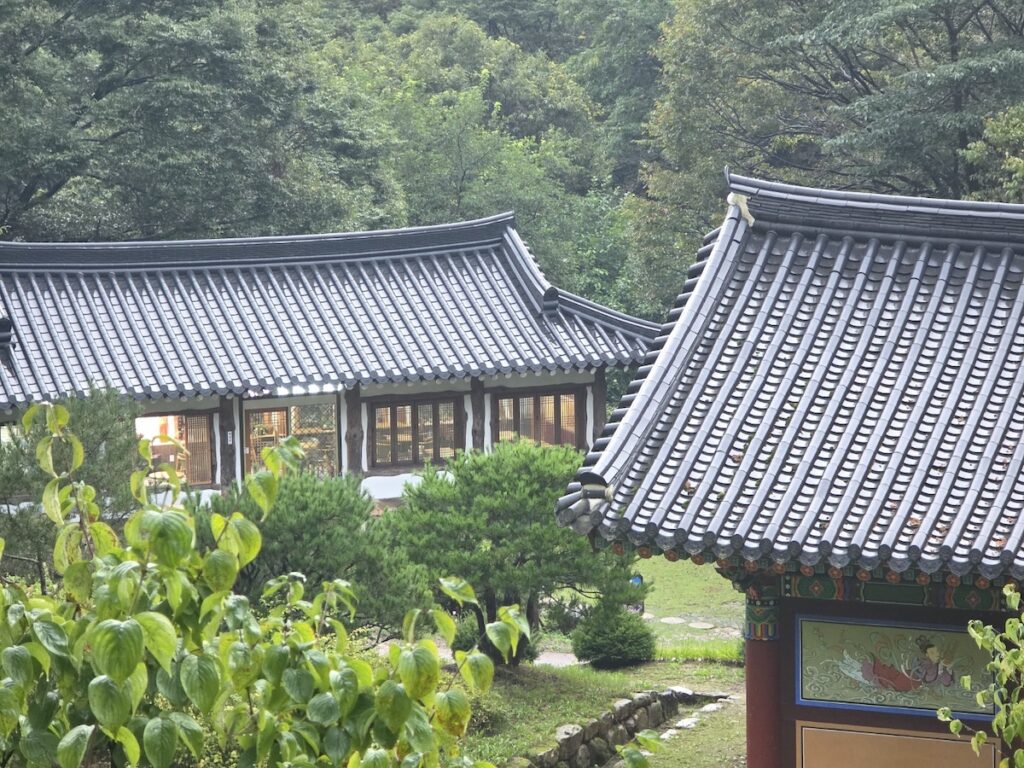Introduction
For foreigners living in or visiting South Korea, knowing how to respond in an emergency is essential. While most travelers are familiar with 911 in the United States or 999 in the United Kingdom, Korea uses different emergency numbers. The two most important are 112 and 119, and each serves a different purpose.
This guide explains the difference between 112 and 119, what services they provide, how foreigners can use them (including English support), and what to expect after making a call. If you are a tourist, student, or expat in Korea, this article will help you feel prepared and safe.
The Two Main Emergency Numbers in Korea
112 – Police Hotline
- Purpose: Used to contact the police.
- Situations: Theft, assault, harassment, suspicious persons, domestic violence, scams, or any situation requiring police intervention.
- Language support: Operators can connect you to translators if English or another language is needed.
- Tip for foreigners: If you’re not sure whether your issue is criminal, calling 112 is the safest option.
119 – Fire & Medical Emergencies
- Purpose: Used to reach fire departments, ambulance services, and rescue teams.
- Situations: Fire, traffic accidents with injuries, sudden illness, collapse, or natural disasters.
- Ambulance service: Free of charge, but not meant for non-emergency transport.
- Tip for foreigners: If you or someone near you needs urgent medical help, dial 119 immediately.
Common Mistake: Mixing Up 112 and 119
Many foreigners confuse the two numbers because both are emergency hotlines.
- 112 = police (crime, law enforcement)
- 119 = fire, medical, rescue (life-threatening situations)
Think of it this way:
- In the U.S., 911 covers both.
- In Korea, the responsibility is split between 112 and 119.
What to Expect When You Call
- Quick response time: Korean emergency services are known for their efficiency. In cities like Seoul, ambulances often arrive within minutes.
- Language barrier: Some operators speak basic English. If not, they can connect you to translation services.
- Information needed:
- Your location (address, landmark, or subway station).
- Nature of the emergency (crime, fire, injury).
- Call-back number (if possible).
💡 Pro tip: Save your address in Korean on your phone or a piece of paper to show responders quickly.
Emergency Support for Foreigners
- 1330 Korea Travel Hotline: Available in English, Chinese, Japanese, and more. Helpful for non-urgent travel-related emergencies.
- Multilingual assistance: Police stations in major cities (Seoul, Busan, Incheon) often have English-speaking staff.
- Hospitals with English services: Large general hospitals in Seoul, such as Severance or Asan Medical Center, have international clinics.
Everyday Examples
- A tourist gets their wallet stolen in Myeongdong → Call 112.
- A fire breaks out in a building in Gangnam → Call 119.
- A friend collapses from heatstroke at a summer festival → Call 119.
- Someone is following you late at night in Itaewon → Call 112.
Why Foreigners Feel Safe in Korea
South Korea is considered one of the safest countries in Asia, partly because emergency systems are well-structured. With widespread CCTV, visible police patrols, and quick ambulance services, foreigners often describe Korea as a place where they feel secure.
Even so, being prepared with the correct number can make a critical difference during a real emergency.
Conclusion
For foreigners in Korea, knowing the difference between 112 (police) and 119 (fire/medical) is crucial. Unlike countries with one unified number, Korea separates responsibilities to ensure specialized response.
Save these numbers in your phone, memorize them, and share them with fellow travelers. In moments of crisis, having the right knowledge will save valuable time—and possibly lives.





